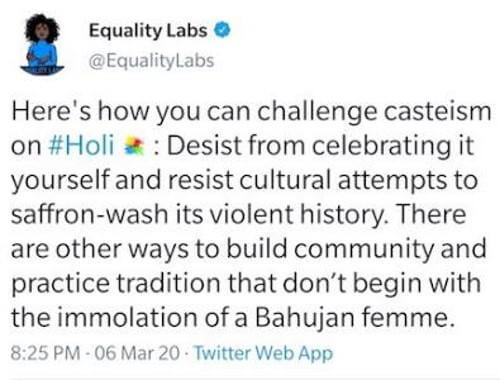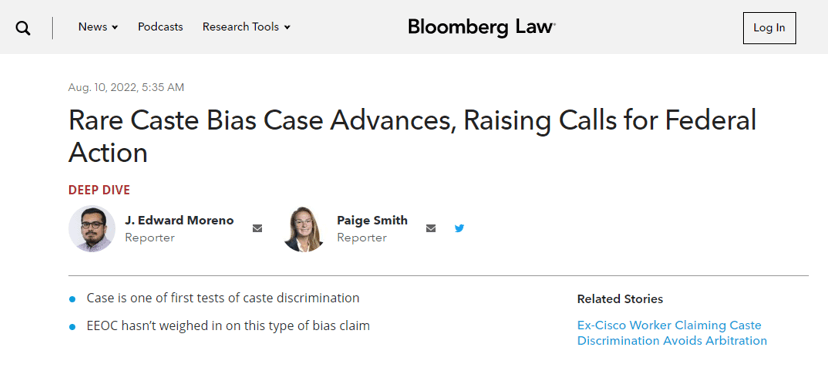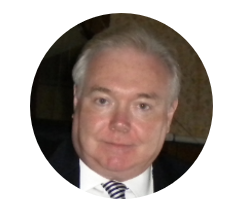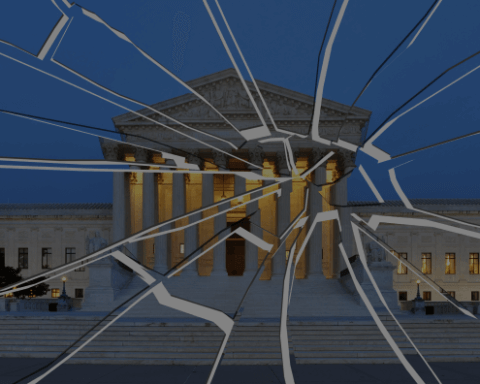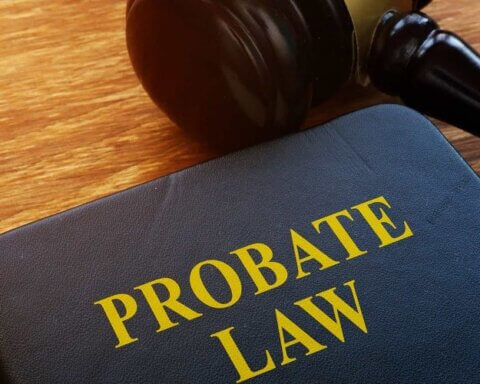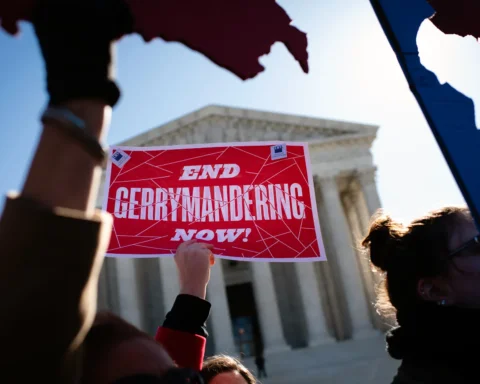The United States has been described as “the melting pot” because between 1820 and 1920, 80 million people emigrated to the U.S. and became citizens. Certain prejudices are beginning to rear their ugly heads. The city of Seattle became the first city to outlaw caste-based discrimination on February 1, 2023.
To offer some explanation, we quote Forbes of February 3, 2023: “The caste system is a social hierarchy structure that divides people at birth into social classes—it has roots in South Asia and Hinduism but also impacts African, Middle Eastern and Pacific communities.” Dalits, also known as “Untouchables” are the lowest of Hindu culture, and have been for several thousand years. Several universities have already adopted policies that forbid discrimination based on the caste system.
From Forbes: Before the council vote, more than 100 businesses and organizations cosigned a letter urging councilmembers to vote “no,” stating that “the ordinance peddles bigotry and singles out the South Asian community by using racist, colonial tropes of ‘caste’ and ensures that our community is subject to special scrutiny.” I would bet serious money that the owners of those businesses and organizations were not Dalits.
Following their religious doctrines, a certain ethnic group is trying to make the United States, land of the free and home of the brave, (where any and all, except when denied the right by judicial restriction, are welcome to leave if they please) much like their own society on the other side of the world.
Discrimination, be it rationalized by religious doctrine, is illegal in the United States.
Let us consider what “making the U.S. like their homeland” would mean, from the Oxfam International:
“The top 10% of the Indian population holds 77% of the total national wealth. 73% of the wealth generated in 2017 went to the richest 1%, while 670 million Indians who comprise the poorest half of the population saw only a 1% increase in their wealth. There are 119 billionaires in India. Their number has increased from only 9 in 2000 to 101 in 2017. Between 2018 and 2022, India is estimated to produce 70 new millionaires every day. Billionaires’ fortunes increased by almost 10 times over a decade and their total wealth is higher than the entire Union budget of India for the fiscal year 2018-19, which was at INR 24422 billion. Many ordinary Indians are not able to access the health care they need. 63 million of them are pushed into poverty because of healthcare costs every year – almost two people every second.
It would take 941 years for a minimum wage worker in rural India to earn what the top paid executive at a leading Indian garment company earns in a year.
While India is one of the fastest growing economies in the world, it is also one of the most unequal countries. Inequality has been rising sharply for the last three decades. The richest have cornered a huge part of the wealth created through crony capitalism and inheritance. They are getting richer at a much faster pace while the poor are still struggling to earn a minimum wage and access quality education and healthcare services, which continue to suffer from chronic under-investment. These widening gaps and rising inequalities affect women and children the most.”
The legal measures to restrain discrimination are not without precedence. “The first lawsuit was filed in June 2020 against the software company Cisco Systems. Brought by the California Department for Fair Employment and Housing, it alleges that the company failed to address caste discrimination against an employee from the Dalit caste by two supervisors from more privileged caste backgrounds.- Although the first to be made public, the experience of the Dalit employee in the Cisco case is not uncommon.
Following the filing of the case, Dalit tech workers employed in some of the biggest companies have come forward to attest to rampant caste bias. Most feel compelled to conceal their caste identities and pass as non-Dalits in workplaces that they share with members of more privileged castes. They experience these workplaces as minefields where colleagues from privileged castes might probe their backgrounds to find out their origins and where a misstep can lead to exposure and stigma.
The second was filed in May 2021 against the Hindu trust BAPS (Bochasanwasi Akshar Purushottam Swaminarayan Sanstha), a nonprofit that since 2009 has had the status of a 501 (c)(3) organization. It was brought by lawyers representing a group of Dalits who claim that they were brought to the United States under the R1 visa for religious workers and forced into underpaid, exploitative construction work on a Hindu temple in New Jersey. Both lawsuits reveal practices of caste discrimination and exploitation within America’s racially stratified workforce.”
In 1965, the Hart-Cellar Act established a legal preference for immigrants from the global workforce who had professional degrees, such as medicine or engineering. The result has been the majority of immigrants from South Asia are members of the dominant castes, who, in their native countries, are granted preference to educational opportunities, and then emigrate to the U.S., where they continue their cultural (or, if you prefer, religious) discrimination.
I have an idea. If you don’t like it here, if your religion encourages illegal behavior and you don’t like the government reviewing your behavior and protecting the rights of your fellow citizens, you have a very valuable option in the United States not available in all of the sovereign nations of the world: Leave.
The U.S. government is trying very hard to root out discrimination, and the fact that your brethren are suspected to have been practicing discrimination here in the U.S., means you can be subject to government scrutiny. India might hope the Dalits don’t discover the concept of reparations, as paying for two-thousand years of discrimination might put a dent in the wealth the upper castes accumulated while handing all the scut work to the Dalits.
Some of the white-collar professional class of immigrants have been singled out to stop rampant discrimination, whether it is condoned, or even encouraged, by religious doctrine. If they are obeying the U.S. law, they have nothing to fear, now do they?


